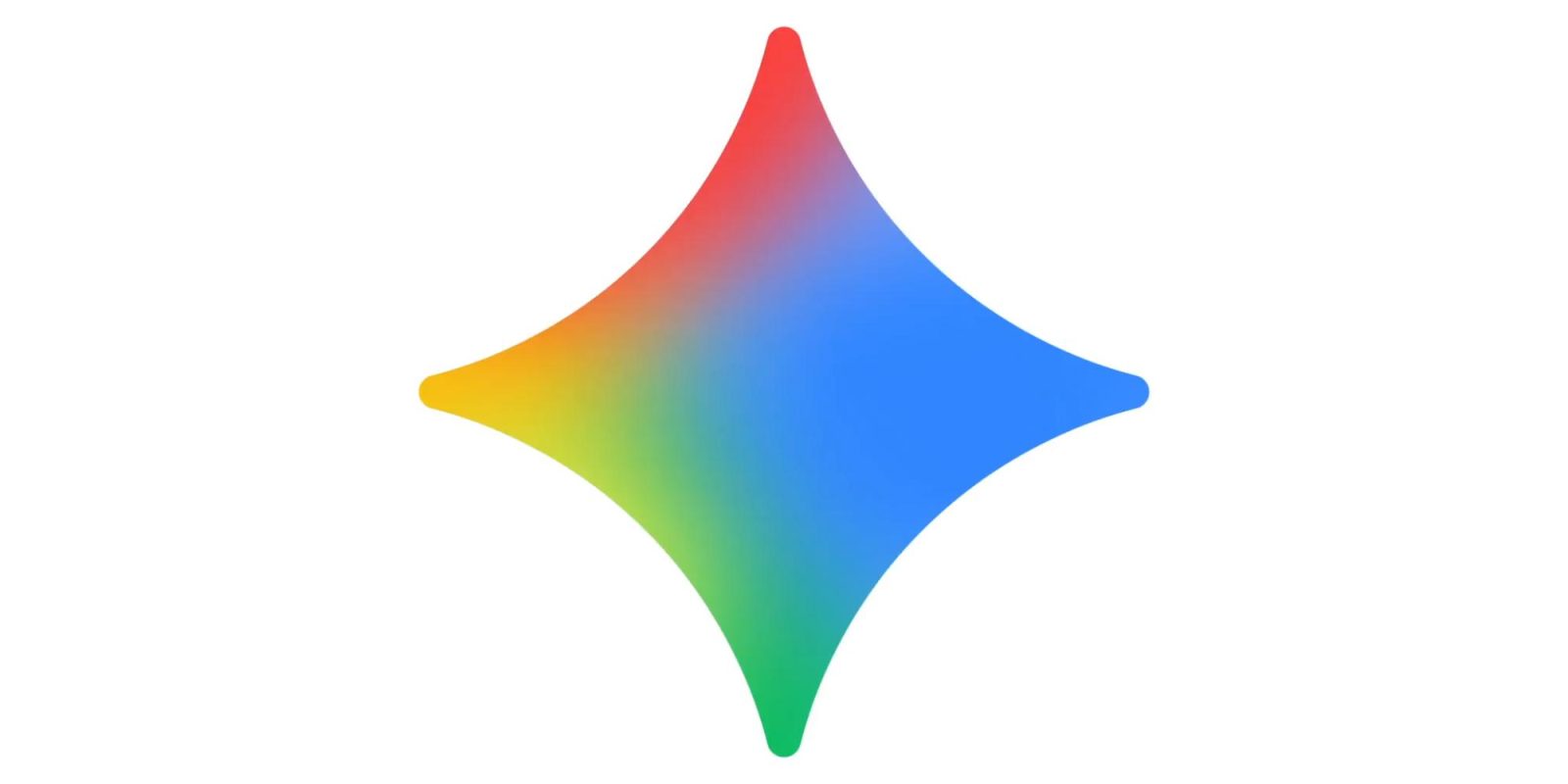In recent weeks, the tech industry has been abuzz with Elon Musk’s allegations against Apple, accusing the tech giant of favoring OpenAI in its App Store rankings. Musk’s company, xAI, contended that this purported bias hindered other AI applications from achieving top positions. However, the recent ascent of Google’s Gemini app to the pinnacle of the App Store charts casts doubt on these claims.
Background on Musk’s Allegations
Elon Musk, the CEO of xAI, has been vocal about his concerns regarding Apple’s relationship with OpenAI. Following the release of xAI’s Grok 4, which was made freely available to users worldwide, the app experienced a surge in popularity, climbing to fifth place overall and second in the Productivity category on the App Store. Despite this success, Musk expressed dissatisfaction, suggesting that Apple’s alleged favoritism towards OpenAI’s ChatGPT prevented Grok from reaching the top spot.
On August 12, 2025, Musk took to social media platform X (formerly Twitter) to voice his grievances:
> Apple is behaving in a manner that makes it impossible for any AI company besides OpenAI to reach #1 in the App Store, which is an unequivocal antitrust violation. xAI will take immediate legal action.
Subsequently, xAI initiated legal proceedings against Apple, asserting that the company’s editorial decisions within the App Store were biased. Apple responded by emphasizing its commitment to fairness and safety:
> The App Store is designed to be fair and free of bias. We feature thousands of apps through charts, algorithmic recommendations, and curated lists selected by experts using objective criteria. Our goal is to offer safe discovery for users and valuable opportunities for developers, collaborating with many to increase app visibility in rapidly evolving categories.
The Rise of Google Gemini
Contradicting Musk’s assertions, Google’s Gemini app recently ascended to the top of the App Store charts. This surge in popularity is largely attributed to the introduction of its advanced image generation model, Gemini 2.5 Flash Image, colloquially known as Nano Banana. This model has garnered attention for its ability to generate accurate and realistic images based on user prompts, setting it apart from other AI image models.
The virality of Nano Banana on social media platforms has significantly contributed to Gemini’s rapid rise in the App Store rankings. Users have been sharing their experiences and generated images, further amplifying the app’s visibility and appeal.
Implications for the AI Industry
The success of Google Gemini challenges the narrative that Apple’s App Store is biased exclusively towards OpenAI. The ability of Gemini to achieve the top position suggests that the App Store’s ranking system is responsive to genuine user interest and engagement, rather than being influenced by alleged favoritism.
This development underscores the competitive and dynamic nature of the AI industry. It highlights that innovation, user engagement, and the quality of offerings are pivotal factors in determining an app’s success. For AI developers, this serves as a reminder that creating compelling and user-centric applications can lead to significant recognition and success, irrespective of perceived biases.
Conclusion
While Elon Musk’s concerns about potential biases in the App Store are not without merit, the recent achievements of Google Gemini indicate that the platform remains open to diverse AI applications. This scenario emphasizes the importance of innovation and user engagement in achieving success within the App Store ecosystem. As the AI landscape continues to evolve, developers are encouraged to focus on delivering high-quality, user-focused solutions to stand out in a competitive market.



